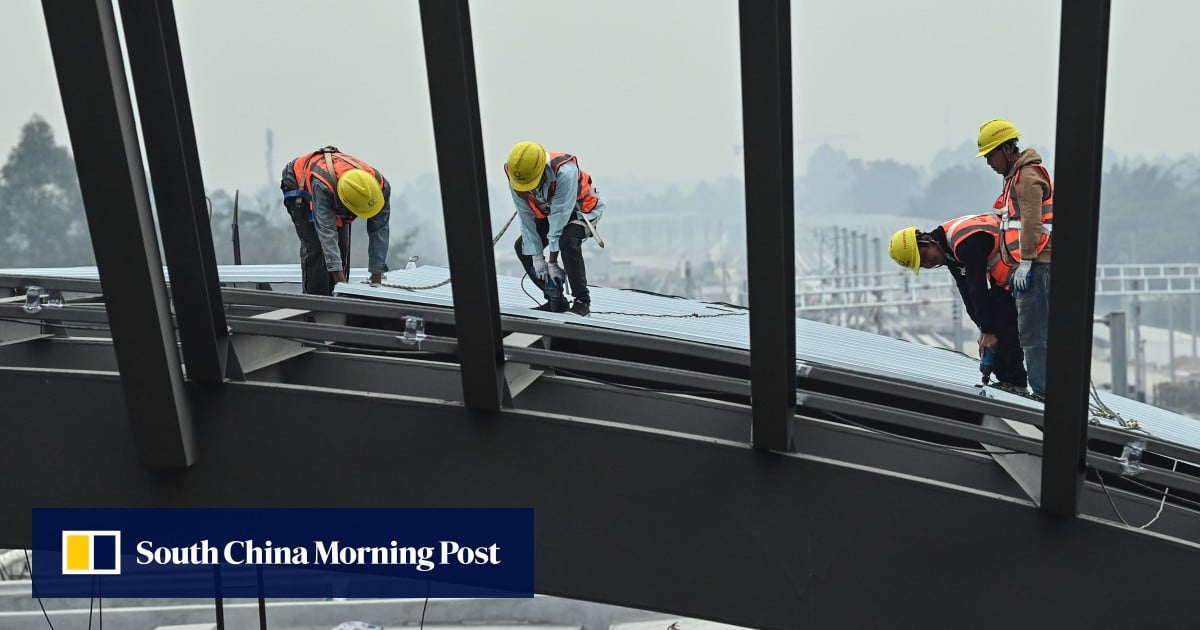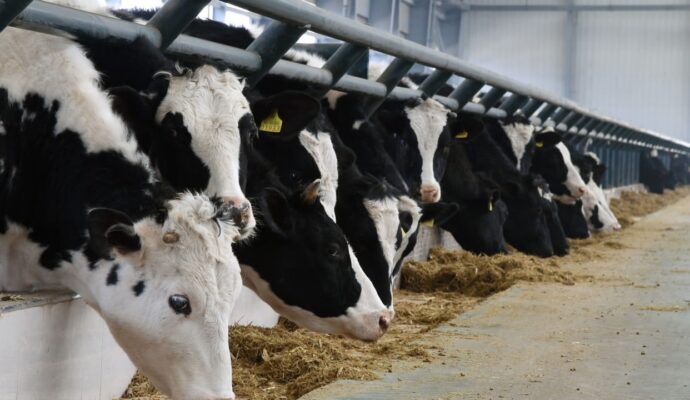
China is mulling providing equal social benefits for its 300 million migrant workers, a move that would grant that group the same level of coverage as urban residents and, the country hopes, open a previously untapped repository of domestic demand – highly sought after as a means of avoiding economic slowdown.
“As a matter of priority, we will move faster to grant permanent urban residency to eligible people who have moved to cities from rural areas,” the premier told delegates of the nation’s top legislature and advisory body during their annual gathering, known as the “two sessions”.
“The consumer demand brought about by a person moving to the city is much higher than that of rural residents,” he said while elaborating on the report to the media on Tuesday.
Migrant workers who helped power China’s economic miracle face bleak future
Migrant workers who helped power China’s economic miracle face bleak future
Slightly more than 66 per cent of China’s 1.4 billion people lived in urban areas as of last year, but this is quite low compared with the over 80 per cent urbanisation rate seen in many developed countries, Huang said.
As of the end of 2022, 47.7 per cent of the Chinese population had urban residency, meaning there are hundreds of millions of people who currently live in cities but are denied access to urban benefits, according to the Ministry of Public Security.
“Getting urban residency doesn’t mean people will get a [higher income], but their expectations for life and work would be stabilised,” said Shi Lei, a professor of economics at Fudan University.
“This means a lot for improving weak sentiment and spurring spending,” he said.
It used to be easy for migrant workers to find jobs, but now it’s no longer the case
In another attempt to nudge investment and spending in the right direction, the State Council rolled out a plan last week to encourage large-scale equipment renewals and trade-ins of consumer goods.
The permanent relocation of migrant workers may contribute to this initiative, but not at a massive scale, according to Shi.
“Traditional industrialisation in China came to an end in 2016, one piece of evidence being the surplus of labourers in cities,” he said. “It used to be easy for migrant workers to find jobs, but now it’s no longer the case, therefore there’s been a retreat to the countryside in recent years.”
Policymakers should now focus on making the “two-way flow” of people easier, he said, especially between villages and neighbouring towns and counties.

